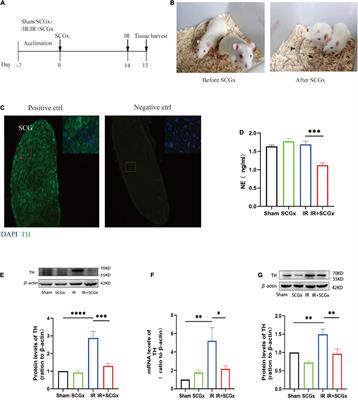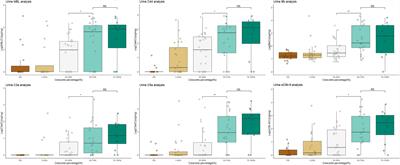ORIGINAL RESEARCH
Published on 21 Apr 2022
The Role of the Superior Cervical Sympathetic Ganglion in Ischemia Reperfusion-Induced Acute Kidney Injury in Rats

doi 10.3389/fmed.2022.792000
- 2,672 views
- 5 citations
50k
Total downloads
165k
Total views and downloads
Select the journal/section where you want your idea to be submitted:
ORIGINAL RESEARCH
Published on 21 Apr 2022

ORIGINAL RESEARCH
Published on 16 Mar 2022

REVIEW
Published on 10 Mar 2022

PERSPECTIVE
Published on 09 Mar 2022

REVIEW
Published on 18 Jan 2022

ORIGINAL RESEARCH
Published on 14 Sep 2021

ORIGINAL RESEARCH
Published on 30 Jul 2021

REVIEW
Published on 26 May 2021

MINI REVIEW
Published on 23 Apr 2021

GENERAL COMMENTARY
Published on 20 Apr 2021
ORIGINAL RESEARCH
Published on 01 Apr 2021

ORIGINAL RESEARCH
Published on 11 Mar 2021


Frontiers in Immunology